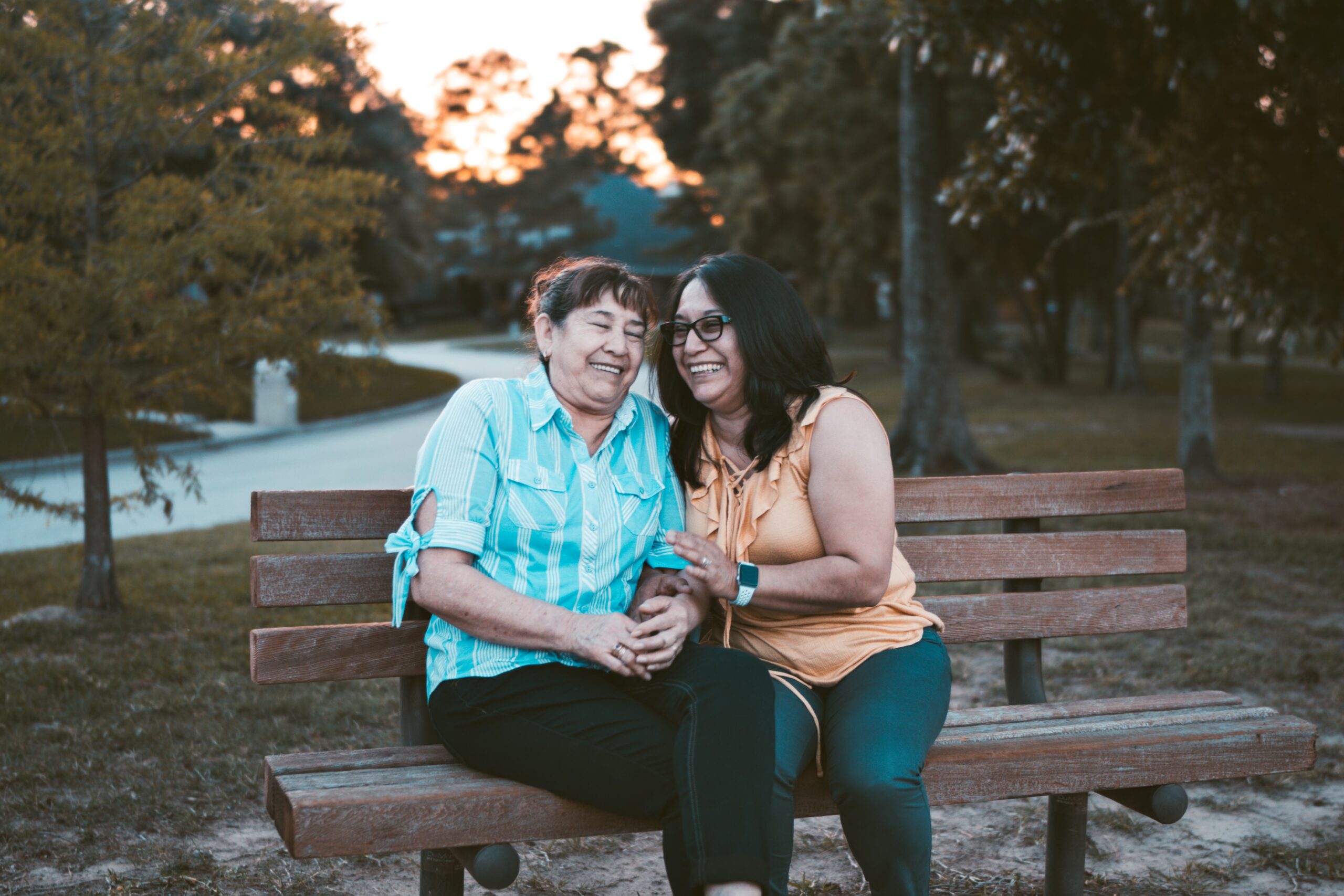Keeping a Loved One With Dementia Safe This Summer

If you are caring for a loved one with Alzheimer’s disease or another form of dementia, summer is a great opportunity to get outside, experience the world and make memories together. While summertime can be a lot of fun, there are also significant safety concerns for older adults with dementia. Changes in the brain can make it difficult to recognize dangers, identify symptoms of illness or communicate basic needs.
As a caregiver, thinking ahead about possible hazards and taking the necessary precautions can help you and your loved one make the most of the summer months. High temperatures can last through August and into September in Ontario, so read on for what to watch out for and the steps you can take to keep the person in your care safe.
Heat and Sun
Seniors are more prone to heatstroke and the risk is higher for people living with dementia or Alzheimer’s disease. Dementia can cause sensory loss so your loved one may not realize when they are overheated or sunburned. As a result, they may need reminders and extra support to stay safe.
Apply sunscreen regularly, avoid outdoor activities during the hottest part of the day, sit in shaded areas and encourage hats and sunglasses. Dementia patients may also forget what season it is and if your loved one is still dressing independently, it can be helpful to put away heavier winter clothes to encourage weather-appropriate choices. If you or your loved one do not have air conditioning at home, use fans in living areas and consider visiting cooling centres and other air conditioned public spaces such as libraries or shopping malls in a heat wave. Watch for symptoms of heat exhaustion including muscle cramps, weakness, dizziness, headaches, nausea and vomiting. Take your loved one to the hospital immediately if they have any of these symptoms in hot weather.
Wandering
It is common for people with dementia to wander especially as the disease progresses. If your loved one is prone to wandering, this can be particularly dangerous during the summer when unprotected exposure to high temperatures can lead to heatstroke or exhaustion. Install or double-check locks and alarms, invest in a tracking device if possible and give your loved one an identification necklace or bracelet so you can be contacted quickly in an emergency. Wandering also increases with boredom, so try your best to keep the person in your care stimulated, interested and engaged throughout the summer.
If you are around a hot tub, pool, lake or other body of water, always keep a watchful eye on your loved one. Make sure pools are enclosed by a fence and locked gate and cover the pool or hot tub when not in use. Be sure to stay with your loved one around firepits, campfires or barbecues.
Hydration
Older adults are at a greater risk of dehydration because of natural changes in muscle mass and kidney function that can impact their ability to store water. For seniors living with dementia, the risk can be even higher because the part of the brain that recognizes thirst is also often damaged. To keep your loved one hydrated, carry water wherever you go, set reminders for frequent sips and model healthy hydration habits yourself.
Encourage hydration at home by leaving water bottles out wherever your loved one spends most of their time, and provide water with every meal, at medication times and after any exercise. Limit alcohol or caffeinated drinks and if the person in your care struggles to drink plain water, try carbonated water, chilled herbal tea, smoothies, warm milk and more hydrating foods like fresh fruit.
Crowds and Loud Noises
Classic summer activities like parades, sporting events, festivals and fireworks can be upsetting for dementia patients. The crowds, loud noises and overstimulation can cause wandering, anxiety and aggression for many. So you can both still enjoy these activities, instead consider watching fireworks from a safe distance, enjoying parades on the television and attending events earlier in the day to avoid crowds. Always stay with your loved one in busy places, take rests as needed and be prepared to leave if they experience anxiety. While everyone’s interests are different, gardening, beach visits, outdoor movie nights, picnics, birdwatching and relaxing live music are all fun summer activities you and your loved one may enjoy.
Although there are some extra safety precautions you need to take to enjoy the summer months with a loved one with dementia, this shouldn’t stop you from getting outside and making the most of the season. And always, as you care for others this summer, don’t forget to also take good care of yourself.
If you enjoyed this article, you may also like to read:
